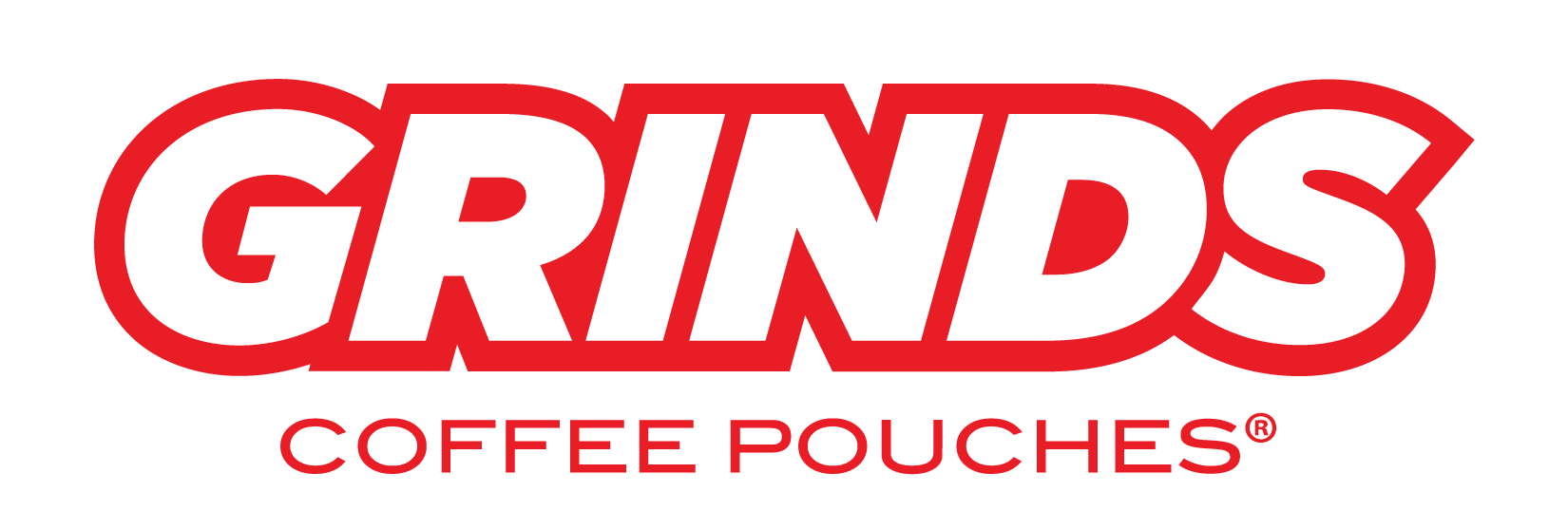Quit Nicotine to Save Money & Protect Your Family
Tobacco and nicotine users have always been treated differently from those who don’t share their habit. If you’ve ever had to explain the bulge in your lip to a stranger or defend the use of your spit can at work, you know all too well the scrutiny that can accompany your nicotine addiction.
Discrimination against tobacco users has moved beyond social stigmas and into our institutions, including health and life insurance providers. As a user of tobacco, you could be costing your family up to 50% more money on health insurance. Even worse, you might not even qualify for the life insurance you need to keep them safe & protected.
The good news is, you have control over whether or not you’re subjected to these inequities waged against tobacco users. Make the decision to quit now, start using a healthy chewing tobacco alternative right away, and you’ll be able to get better, more affordable insurance rates in the not-so-distant future.

Why Are Tobacco Users Targeted by Insurance Companies?
You already know this, but using tobacco is a dangerous activity. When it comes to health insurance, a tobacco user is much more likely to have a medical problem than a non-user, and thus cost the provider more money.
Health insurance providers take on significant financial risk in deciding to insure a tobacco user. To offset this risk, they charge tobacco users higher premiums. The logic behind that practice is that non-tobacco users shouldn’t have to cover the additional costs associated with a risky behavior they choose not to engage in.
How Does Tobacco Use Affect My Insurance Rates?
Previously, insurance companies could deny insurance to people who had a history of tobacco use or tobacco-related health issues. Historically, insurance companies could even deny a person coverage based on previous tobacco usage. So even if you had already quit nicotine, they could still deny coverage.
They are, however, allowed to charge more on premiums for tobacco users.
And while it’s true that insurance providers can no longer consider someone’s health status and pre-existing conditions in deciding their insurance rates, they can still ask about tobacco use. In fact, it’s one of only three factors that may be considered in determining health insurance rates (the other two are age and location).
What Happens When My Insurance Company Learns That I Use Tobacco?
Most states will increase your premiums by 50%, the maximum allowable amount by law.
Three states charge less than that:
- Kentucky (40%)
- Arkansas (20%)
- Colorado (15%)
Six states have no tobacco rating at all:
- California
- Massachusetts
- New Jersey
- New York
- Rhode Island
- Vermont
- Washington DC
If your state isn't mentioned above, chances are good you’re paying 50% more for the same coverage as someone who doesn’t use tobacco and nicotine.
How Long Do I Have to Be Quit to Get the Tobacco Rating Removed?
Most life insurance plans have different levels or stages of being tobacco free, which vary dramatically from one provider to another. In some instances you may be rewarded almost as soon as you start your quit journey, but the cost savings really start to soar after a year or two of being clean.
Health insurance is a little more tricky and less flexible: either you are or aren’t tobacco free. For most health insurance providers, you can only make the switch after a full year of being tobacco and nicotine free, sometimes longer. It’s important to note that this also usually excludes the use of nicotine patches and other nicotine alternative products.
Reach out to your current provider(s) at the beginning of your quit journey to discuss your options. Make sure you understand what’s expected of you to qualify for the tobacco free designation.

